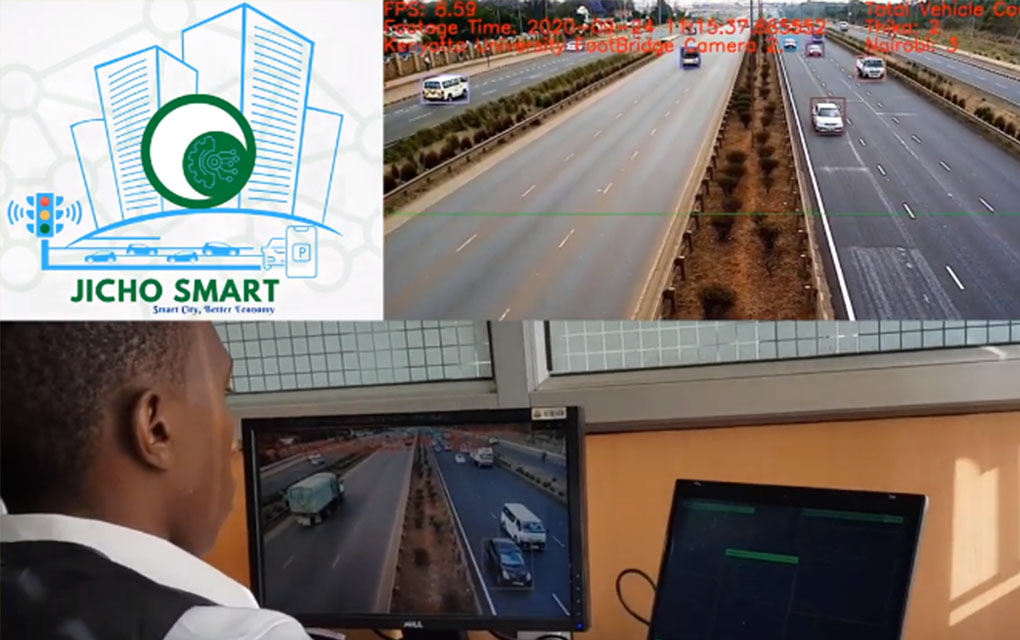
Over the years 2015-2019, Kenya's economic growth averaged 5.7%, making it one of the fastest growing economies in Sub-Saharan Africa as observed by the World Bank.
At the heart of this impressive economic growth are challenges such as rampant traffic snarl-ups; traffic offences; insecurity, ranging from petty crimes, burglary to Motor vehicle theft. A survey released by German-based wellbeing Company Vaay in June 2021 ranked Kenya's capital, and the region's economic powerhouse, Nairobi among the most stressful cities in the world based on various factors including safety and security, gender and minority equality, social-political stability, population density, pollution levels, financial stress and traffic congestion.
A report released in 2019 by the Nairobi Metropolitan Area Transport Authority (NAMATA) estimates that almost Sh. 1 Billion a year is lost productivity due to traffic congestion. Nairobi with a population of about 4.7 Million is ranked as the fourth most congested city in the world. The report states that the average travel time in the city is 57 minutes. This is attributed to lack of a planned public transport system in the city.
In 2019, the Government set aside Shs. 200 billion towards reducing traffic congestion in Nairobi. The project aimed at reducing the city's traffic congestion by half. The Government has installed CCTV cameras in major highways in the city to manage the traffic within the city, while the city dwellers have also invested in CCTVs within their business premises and homes as security precautions.
Faina Consultancy Limited, a Kenyan startup has come up with a Machine Learning computer surveillance system known as JichoSmart to augment the current existing infrastructure. The system can analyze real time footage of highway CCTV and CCTVs around the city and use this data to optimize traffic control and security hence helping the National Transport and Safety Authority (NTSA) and the Police Department to control and monitor traffic and general security within the city.
The system built by young engineering students from Kenyatta University, and incubated at the University's Chandaria Business Innovation and Incubation Centre (CBIIC) complements the existing infrastructure within the city by applying the internet of things (IoT) and Artificial Intelligence (AI) to control traffic lights based on traffic density.
At the same time, it has a vehicle recognition system that will collect, analyze, index and store the data in an easily retractable format. JichoSmart has deep learning algorithms embedded in the system which gives traffic patterns and data analytics for better planning and decision making.
Derrick Ngigi, the co-founder of the company says they're targeting small cities for the traffic model and their aim is to make Kenyan cities smart cities in order to transform and improve the economy. Their major target in Kenya is the Konza Technopolis, which is the country's pioneer smart city.
"We are targeting small cities for the traffic model and we are looking at Konza Technopolis to be early adopters of this technology. JichoSmart will even be able to solve the hustle to get parking spaces within the CBD by identifying empty parking spaces and notifying drivers around the area thus reducing the time spent looking for parking spaces," says Ngigi.
The system has undergone trials along Thika Superhighway and adopted by a few real estate firms. The team aims to be part of fulfilling Kenya's vision 2030, SDG goals 9 and 11 and the African Union Agenda 2063. The system alerts users to take measures before the actual offence happens, hence boosting the effectiveness of security response and reducing insecurity incidents within the city.